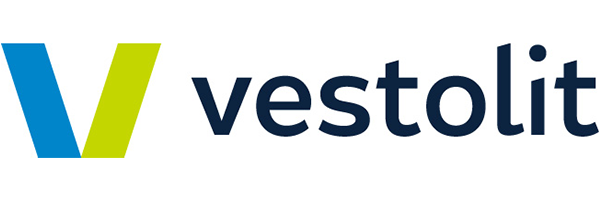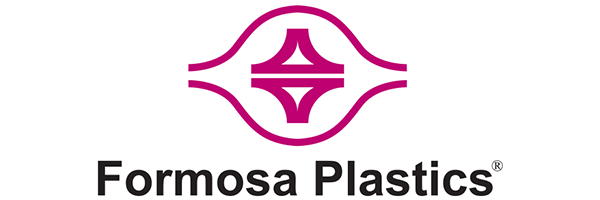
Manoj Nerkar
Technical Service and Development Scientist
Dow

Foaming of PVC Using Ultra High Molecular Weight Acrylic Processing Aids
Abstract
Polyvinyl Chloride (PVC) foaming was studied as a function of high molecular weight acrylic processing aids. It was demonstrated that an ultra-high molecular weight processing aid is 25-30% more efficient than relatively lower, but still high, molecular weight acrylic processing aids. The higher Mw processing aid provided similar foaming performance at lower loading levels. Foaming reduced the density of PVC compounds to 0.32-0.34 g/cc. More than 1000% expansion was achieved in the melt extrusion process using a chemical blowing agent. Fusion characteristics were also studied. Fusion times for initial fusion peaks were in the range of 42-44 seconds while the fusion times of the second fusion peaks were in the range of 74-94 seconds. The higher molecular weight processing aid maintained fusion characteristics of PVC compounds, warranting no significant changes in extrusion process.
About the Speaker
Dr. Manoj Nerkar is the Senior Technical Service Scientist for Dow Plastics Additives, Dow Plastics Additives is innovative industry leader for acrylic processing aids and impact modifiers based on acrylic and MBS technology.
Dr. Nerkar received Ph.D. in Polymers at Queen’s University, Canada and has over 15 years of industrial experience in the field of Polymer blends, composites, polymer processing, characterization and polymer structure properties.
Dr. Nerkar is a member of the Board of Directors for SPE’s Building and Infrastructure Division. He published numerous journal papers, conference presentations and patents/applications.
Dr. Nerkar's employment history includes -
Dow Inc, 2016 to present
Sr. Scientist, Tech Services
Expertise includes acrylic processing aids and impact modifiers for rigid PVC in various applications including resilient flooring, PVC foaming, window profile and PVC compounding.
TerraVerdae BioWorks, 2014 to 2016,
Product Development Scientist
Product development for biopolymers such as Polyhydroxyalkanoates (PHA) and Polylactic acid (PLA)
GE Plastics, 2004 to 2010
Scientist
Polymer processing, FR and low smoke technology, Specialty polymers PolyPhenylene Oxide (PPO)
Solvay, 2003 to 2004,
Application Development Scientist
High temperature polymers, Polysulfone and Polyether ether ketone (PEEK)



























